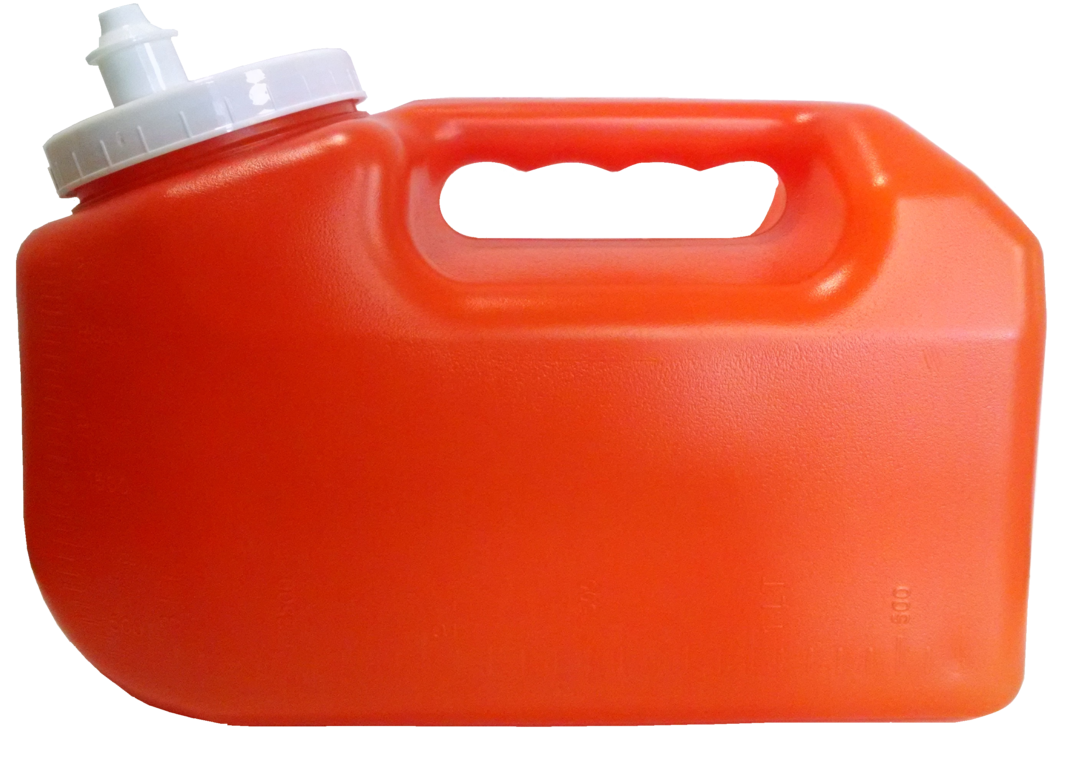Respiratory syncytial virus (RSV) primarily infects pediatric patients, but occasionally infects adults and may be of particular concern for the elderly and immunocompromised. Corewell Health Laboratories offers two tests for RSV. A rapid antigen test may be used to confirm RSV diagnosis in pediatric patients. This test is not approved by the FDA for testing adult patients, so tests will be cancelled if ordered on an off-label age group. There are no age restrictions for RSV testing by way of a molecular panel that also includes COVID and influenza as viruses with overlapping symptoms.
| Test name | Epic Test ID | Methodology | Specimen | Age restriction |
| RSV Rapid | LAB495 | Antigen | Nasopharyngeal (NP) swab | Approved for patients 0 – 18 years of age |
| COVID, Influenza, RSV PCR | LAB1230746 | Molecular/PCR | Nasopharyngeal (NP) swab | No age restriction |

